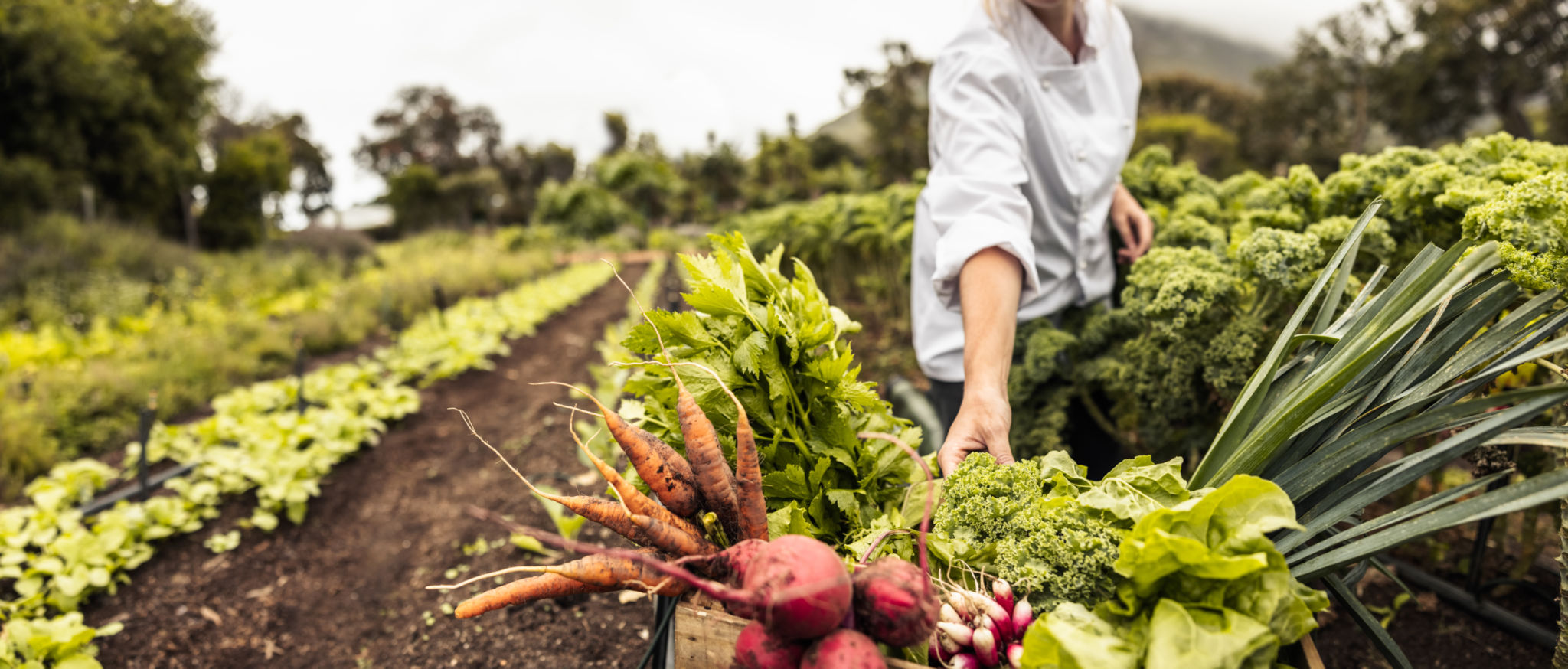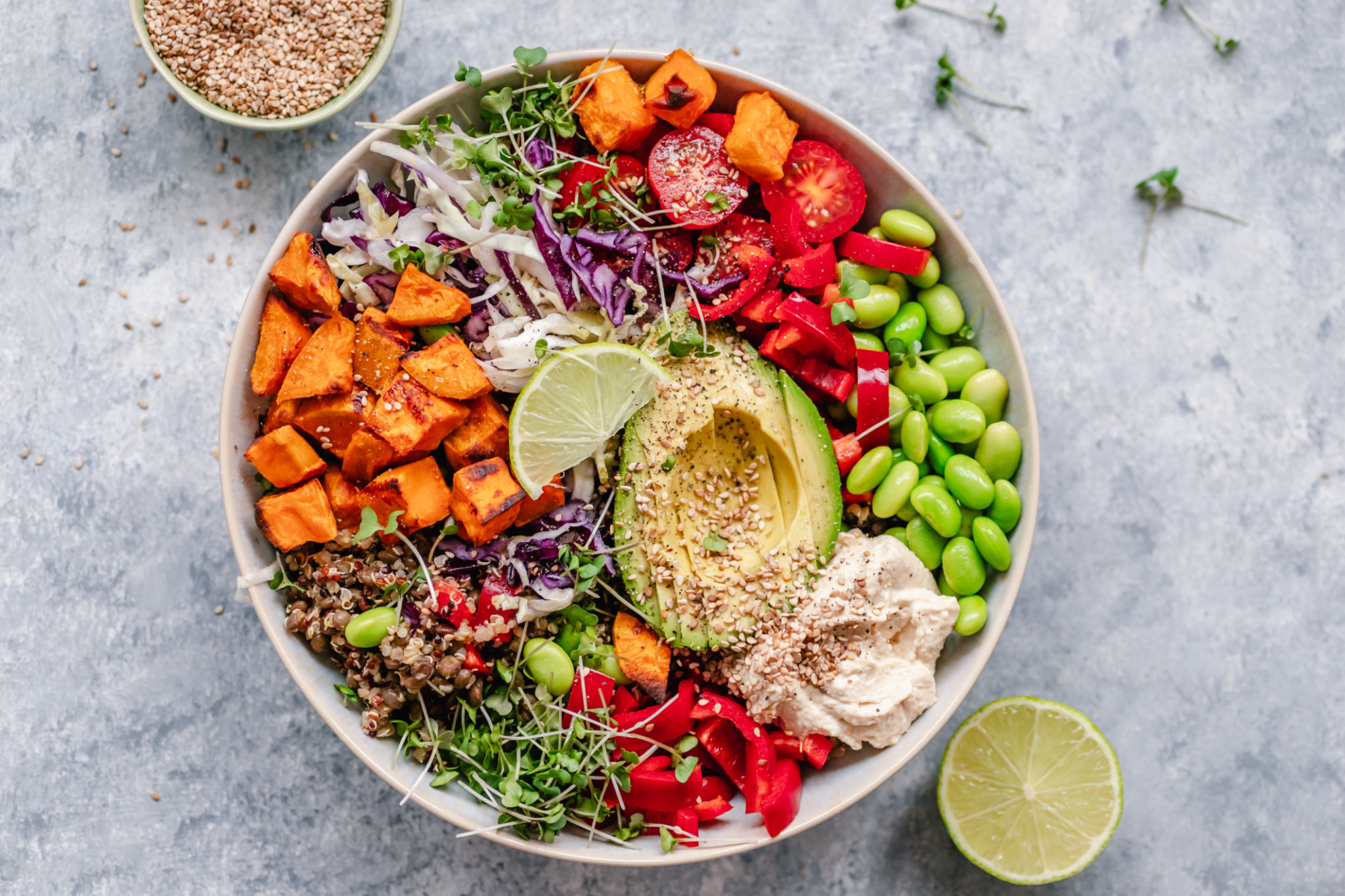Trend Alert: The Rise of Plant-Based Diets and How to Join the Movement
Understanding the Plant-Based Diet Phenomenon
In recent years, there has been a significant shift in dietary preferences, with more people embracing plant-based diets. This trend is fueled by growing awareness about health benefits, environmental sustainability, and animal welfare. As this movement continues to gain momentum, it’s essential to understand what a plant-based diet entails and how you can become a part of it.
A plant-based diet primarily focuses on consuming foods derived from plants, including fruits, vegetables, nuts, seeds, oils, whole grains, and legumes. While some people choose to completely eliminate animal products, others may still include small amounts of meat or dairy. The key is prioritizing plant foods and finding a balance that suits your lifestyle and dietary needs.

Why Choose a Plant-Based Diet?
The decision to transition to a plant-based diet can be motivated by various factors. One of the most compelling reasons is the health benefits associated with plant-based eating. Numerous studies have shown that diets rich in fruits and vegetables can reduce the risk of chronic diseases such as heart disease, diabetes, and certain cancers.
Beyond personal health, adopting a plant-based diet can have a positive impact on the environment. The livestock industry is a significant contributor to greenhouse gas emissions, deforestation, and water pollution. By reducing our reliance on animal products, we can decrease our carbon footprint and promote a more sustainable food system.

Steps to Transition to a Plant-Based Diet
Making the switch to a plant-based diet can seem daunting at first, but with the right approach, it can be a rewarding journey. Here are some steps to help you get started:
- Start Slow: Begin by incorporating more plant-based meals into your diet gradually. You don't have to make the change overnight.
- Experiment with New Recipes: Explore different cuisines and cooking styles that are naturally plant-based, such as Mediterranean or Asian dishes.
- Focus on Whole Foods: Aim to consume minimally processed foods for maximum nutritional benefit.
Navigating Common Challenges
As with any dietary change, transitioning to a plant-based diet can come with its own set of challenges. One common concern is ensuring adequate protein intake. However, there are plenty of plant-based protein sources available, such as beans, lentils, tofu, and quinoa.
Another challenge might be finding plant-based options when dining out. Fortunately, many restaurants are now offering vegan or vegetarian dishes on their menus. Don't hesitate to ask for modifications or seek out eateries that specialize in plant-based cuisine.

Join the Plant-Based Community
One of the best ways to stay motivated and inspired is by connecting with others who share your interest in plant-based living. Online communities, social media groups, and local meet-ups offer support and resources for those on this journey. Engaging with others can provide valuable insights and encouragement.
As more people embrace this lifestyle, the availability of plant-based products continues to grow. From meat alternatives to dairy-free cheeses and milks, the market is evolving rapidly to meet consumer demand. This makes it easier than ever to join the movement and enjoy a diverse and satisfying diet.
The rise of plant-based diets represents not just a trend but a meaningful shift towards healthier living and a more sustainable future. Whether you're looking to make small changes or fully commit, there's never been a better time to explore the world of plant-based eating.